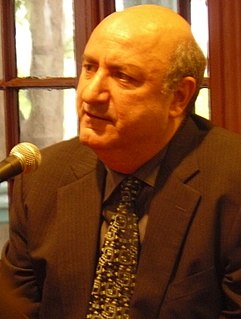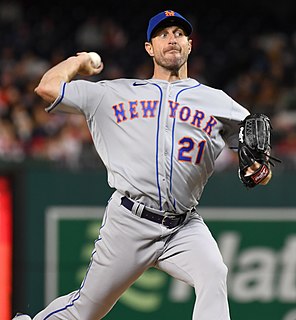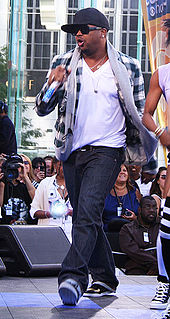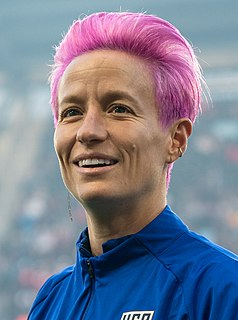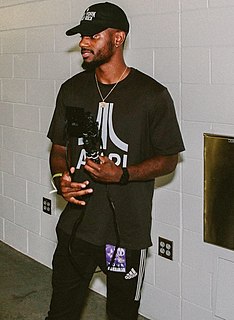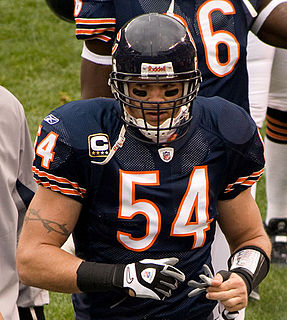A Quote by Anthony DeCurtis
Interviewing is a lot like talking, but you have to guide the conversation. You have to
know what you want and go about getting it.
Quote Topics
Related Quotes
We're sitting in here, and I'm supposed to be the franchise player, and we in here talking about practice. I mean, listen, we're talking about practice, not a game, not a game, not a game, we talking about practice. Not a game. Not, not... Not the game that I go out there and die for and play every game like it's my last. Not the game, but we're talking about practice, man. I mean, how silly is that?.. And we talking about practice. I know I supposed to be there. I know I'm supposed to lead by example... I know that... And I'm not... I'm not shoving it aside, you know, like it don't mean anything. I know it's important, I do. I honestly do... But we're talking about practice man. What are we talking about? Practice? We're talking about practice, man.
It turns out that a lot of women just have a problem with women in power. You know, this whole sisterhood, this whole let's go march for women's rights and, you know, just constantly talking about what women look like or what they wear, or making fun of their choices or presuming that they're not as powerful as the men around. This presumptive negativity about women in power I think is very unfortunate, because let's just try to access that and have a conversation about it, rather than a confrontation about it.
I love seeing the videos of people who go and talk to these neo-Nazis because they're like, 'I'm just here to have a conversation and understand.' Having a conversation about it and talking about your emotions without judgement. You have to be able to be completely open, because they're not going to be, but you could turn a new leaf in their life.
Being a woman, we talk about equal pay all the time. We're not talking about if you're black or if you are Latina. I would like to get back to that and improving the relationship between the police community and the community of color. I don't know exactly all the right things to say, but I want to engage in that conversation.
I think that the work that's left to be done - and I see the end in sight at this point - is to just let go and stop talking about it. It's definitely 'stop talking about the whole size thing.' I don't go to my girlfriend's house and say, 'Hey, I'm your big friend, let's talk about big things.' It's not a topic of conversation within my friend group - I'm ready for society, Hollywood, the press, magazines, everyone, to just catch up and say, 'These women are just like the women we've been using for so long. Let's just throw them into the mix and stop talking about it.'
I was in a conversation and someone said: "You know, we were talking about the whole issue of transgender and how it has become so accepted now, and somebody said, 'You know the Oprah show, I think has had a big impact.'" I said, I don't think so. We did several transgender [shows], but we didn't do as much for transgender as I did for, say, abused kids or battered women. And they said, "But no, you started the conversation. You started the conversation and the conversation has led us to here."
To a lot of people, my job is really fancy, so they're like, "Oh, whoah, you're a musician, wow!" Some people go to you, "Oh my god, you're a journalist!" And some people go, "What, you're a therapist? That's incredible!" So everyone, to a certain extent, has other people that you get impressed by, without even having a proper conversation or getting to know them. You're just like, "Oohhh, they're a bit fancy!"
I don't mind talking about the game. I don't mind talking about what we go through as players, because I want people to get a deeper look inside instead of looking at stats all the time or looking at numbers or just watching the game. I want them to get a pulse on us as players, and a lot of players might not want that, but that's what I want.
